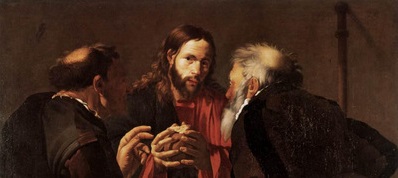Johann Heyns (renowned professor of Systematic Theology, who studied under Hendrik Berkhouwer in Amsterdam) was an early prophetic voice against apartheid, while at the same time being quite sceptical about historical Jesus studies. He became famous for his Kingdom of God theology, developed as a systematic theologian, which provided an hermeneutical framework for a socially just society. There can be little doubt that the latter contributed to a relatively calm and smooth political transition from old to new South Africa.
https://en.wikipedia.org/wiki/Johan_Heyns
Beyers Naude, formerly head of the Afrikaner Broederbond, and later famous anti-apartheid activist, in later life indicated that it was BB Keet, his Systematic Theology professor at Stellenbosch, that laid the foundation for his theological dissent.
https://en.wikipedia.org/wiki/Beyers_Naud%C3%A9
It could be argued that it was Systematic Theologians, and not a large majority of South African New Testament biblical scholars, who confronted the "non-historical Jesuses" of the old South Africa.
Personally, I am in favour of historical Jesus studies, but thinks Tom should probably nuance his 1953 Kasemann prop in light of the South African counter story ...



